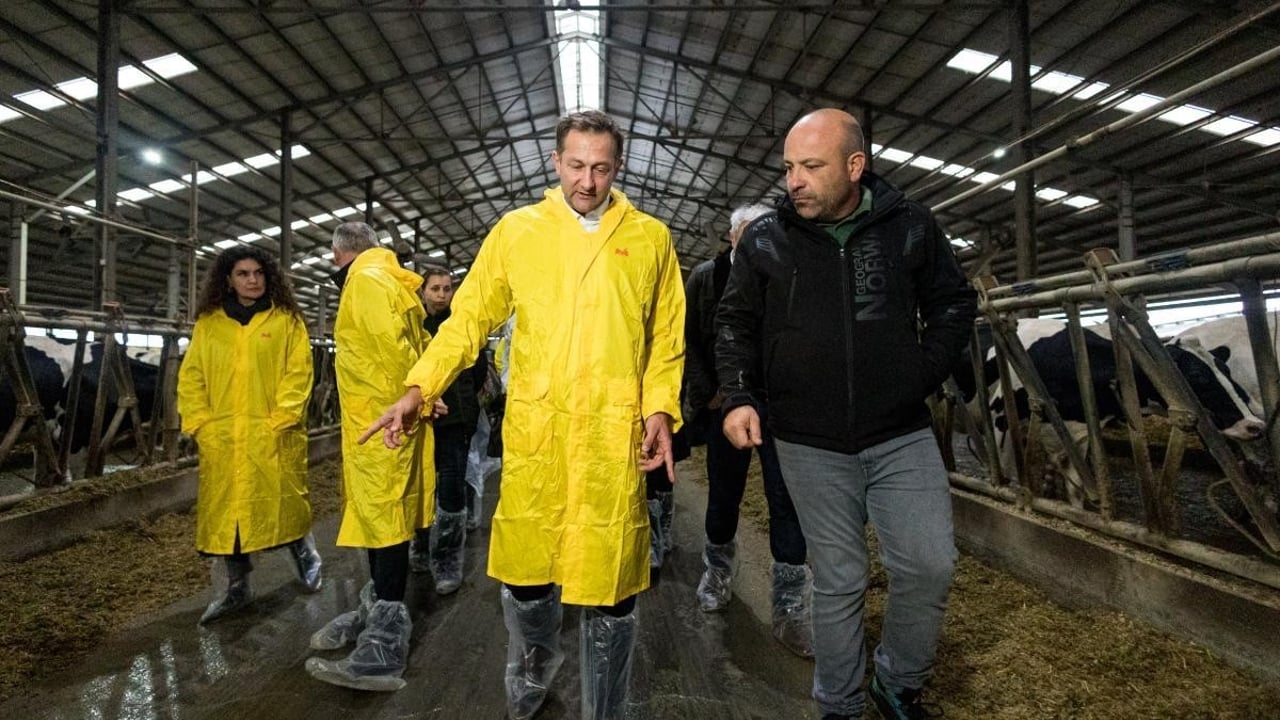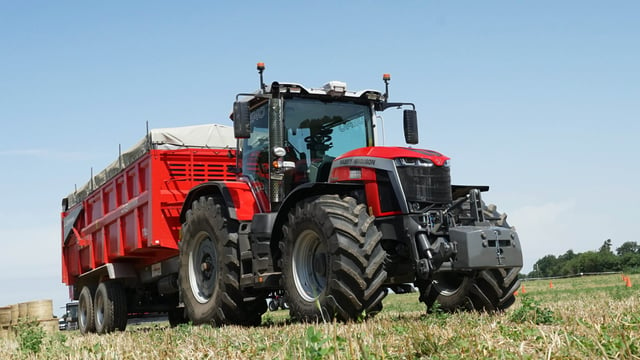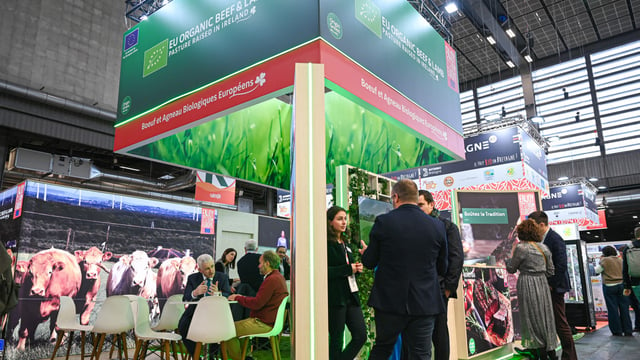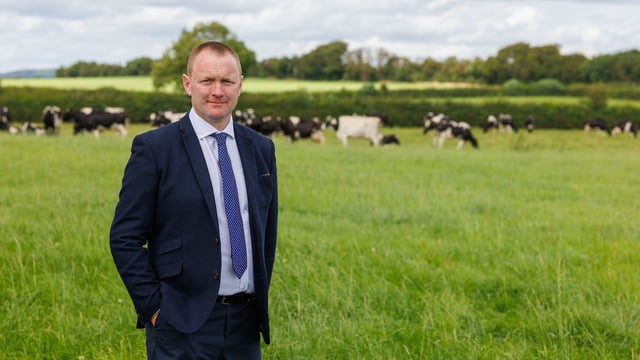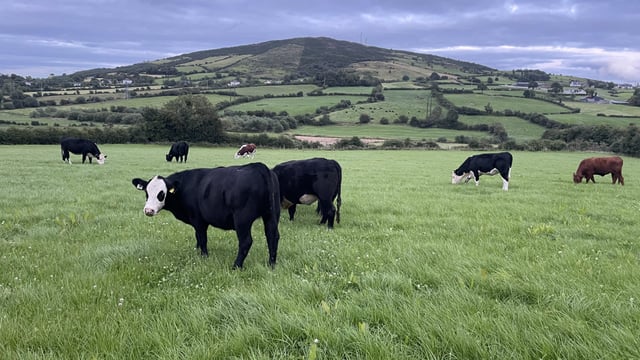European Commission agrees €50m support package for farmers 'who lost their crops'
Farmers in Bulgaria, Hungary, Latvia, Lithuania, Poland and Romania who lost crops because of "adverse climatic events" are set to share a European Commission-backed support package worth €50 million.
The European Commissioner for Agriculture and Food, Christophe Hansen, said today (Friday, October 10) that "more frequent and extreme weather events" highlight the volatility and uncertainty of farmers' working conditions.
Farmers in Bulgaria would receive €7.4 million under the commission's plan while Hungary would receive €10.8 million, €4.2 million would go to Latvia, €1.1 million to Lithuania, €14.8 million to Poland and €11.5 million to Romania following approval by member states.
These countries may also complement this EU support by up to 200% with national funds.
Commissioner Hansen said: "Today’s help will bring a little relief to the farmers who lost their crops and their income this year.
"It is more important than ever to mitigate climate change but also to adapt to it.
"This week, I visited irrigation projects in Romania and Bulgaria, set up to help farmers cope with recurring drought.
"The current Common Agricutural Policy (CAP) also contains provisions for crisis and risk management tools, which will be further strengthened in the next CAP. More than ever, we need to think and work together on sustainable solutions".
European Commission
According to the European Commission, farmers in these specific six member states lost large parts of their fruit, vegetable, nut and seed harvests because of late frosts, which were then followed by hail or heavy rain.
In the spring, Bulgaria saw unusual weather that started with warm temperatures in February, which caused fruit trees to flower too early while cold and frost which followed in March and April damaged many crops, especially almonds, apples, apricots, cherries, peaches, pears, prunes, and walnuts.
In Latvia, warm April weather was also followed by frost and heavy rain, which ruined fruit trees, berries and vegetables and seed crops such as peas, pumpkins, and flax.
There was a similar problem in Lithuania where early warmth made crops grow faster, but later frost in April and May badly damaged apples, currants, berries, cherries, pears, and plums.
Meanwhile farmers in Hungary, Poland, and Romania were badly impacted by frost that resulted in major losses in production.
The European Commission has highlighted that payments to farmers for the emergency financial supports must be carried out before April 30, 2026.

